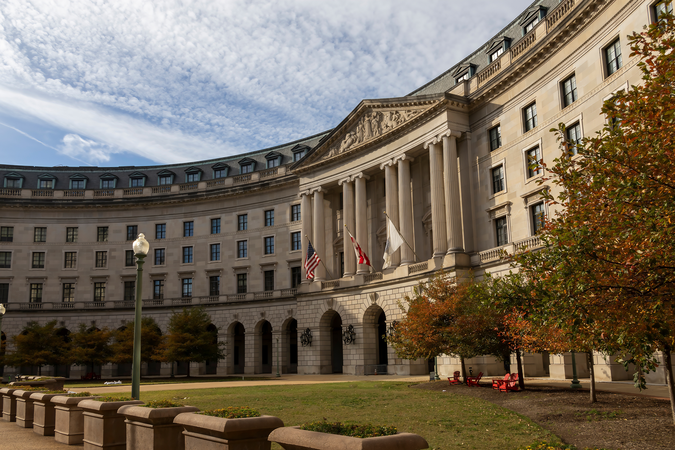Tax Rules, Land Development, and Open Space
DownloadConcern about “open space” is growing. Conservation advocates worry that private land use decisionmakers preserve too little open space. Yet private land developers are deciding on their own to preserve open space in new developments because it provides amenities to purchasers of lots. Moreover, tax provisions provide incentives for preserving more open space than would be privately optimal. Many jurisdictions have adopted “use-value assessment” standards granting favorable tax treatment to lands maintained in open space. Also, donations of open space can be deducted from income in computing tax liabilities. Both factors may be empirically important, although tax deductibility may have larger conservation effects than doesuse-value assessment. These conclusions raise several unanswered questions: How important are tax incentives in practice? Do they motivate enough conservation of open space? Do tax incentives target the right conservation priorities?
Authors

R. David Simpson



